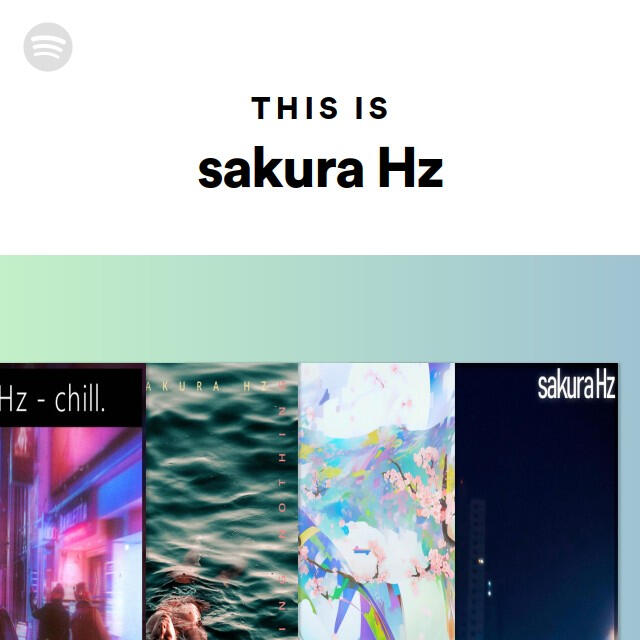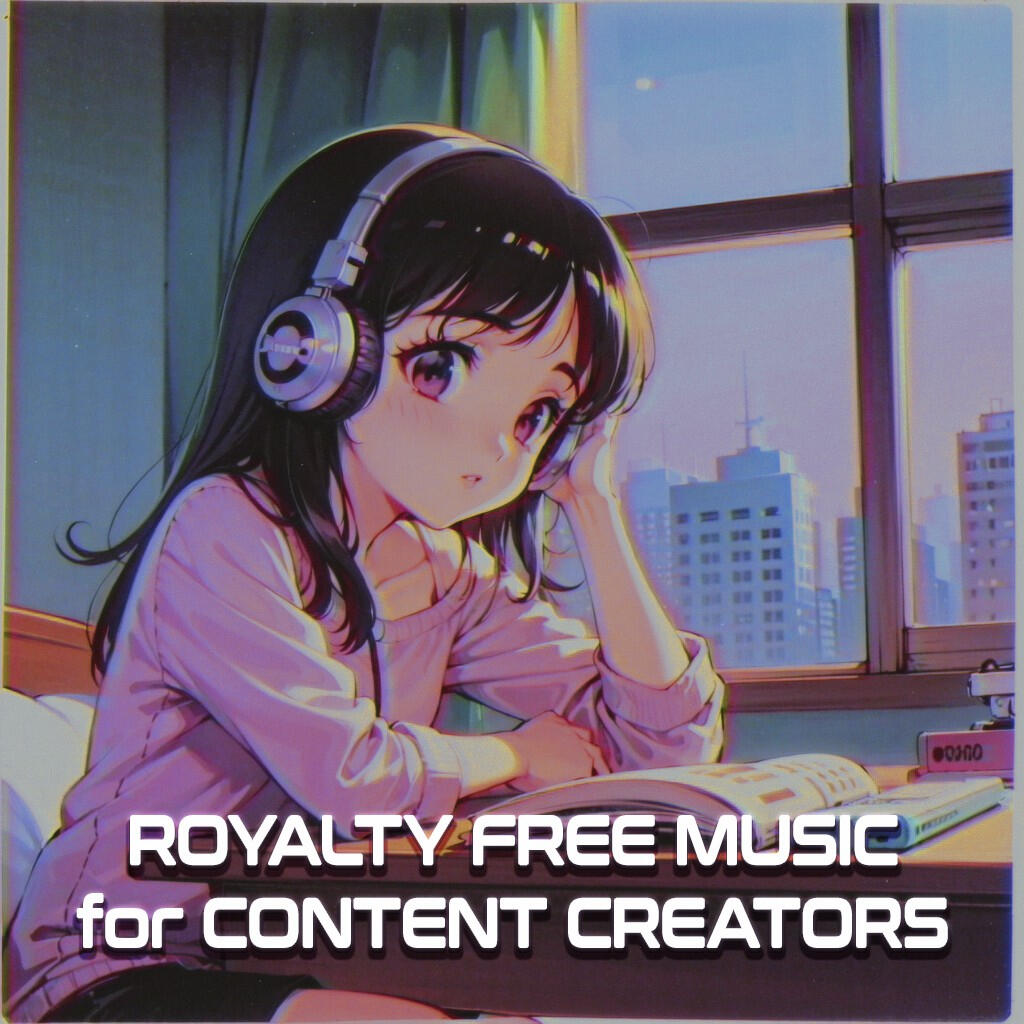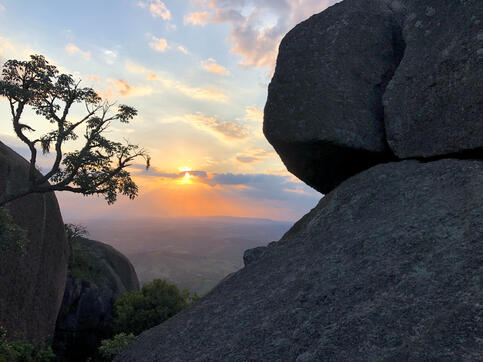PT
PT
playlists.
☁ time for healing & botanica
'time for healing' was inspired, in part, by a new micro-genre and movement called botanica.I recently got invited to participate in a project themed around this style, and it got me thinking about the philosophy behind the botanica genre and aesthetic—and whether there even is one.
To my knowledge, botanica —also known as petalcore— seems to have been heavily influenced by Porter Robinson's sophomore album Nurture.A lot of Porter's earlier music have had a strong sense of nostalgia, as well as a strong connection to internet culture specifically, as a lot of the 90’s generation have grown up in this transition to the modern digital age and experienced a lot of the early internet.
Nurture, and afterwards botanica, seem to invoke a very specific type of 2000's-inspired aesthetic, much of which would fit under what’s known as the frutiger aero style.It is possible that a lot of it is simply about aesthetics over meaning.Porter, which as I said seems to have been a key influence on this movement, has gone through a lot of changes in his musical styles over the years, shifting from more mainstream club/dance music, to more conceptual and introspective sounds.“Nurture” does represent a shift to a more mature, atmospheric and experimental sound, and a lot of producers seem to have resonated with that.So, if anything, a lot of the philosophy behind botanica can be said to be about the music-making process itself, rather than using music as a medium for some outside philosophy, such as conveying a specific message about nature and the environment.
But perhaps it goes deeper than that.The futurism of the frutiger aero aesthetic represents a very specific and optimistic vision for the future. It reminds me of the ‘solarpunk’ movement/aesthetic.This is in stark contrast to the current collective view of the future/present, of discontentment with the way everything has turned out and where we seem to be heading.So in a way, it could be said that botanica represents that bright vision for the future that we imagined in the 2000s.I may be looking too deep into it, and most likely this wasn't a conscious decision.A lot of it is indeed about aesthetics, but I think a lot can be said about why we’re so drawn to this aesthetic.This is my particular take on the genre.










